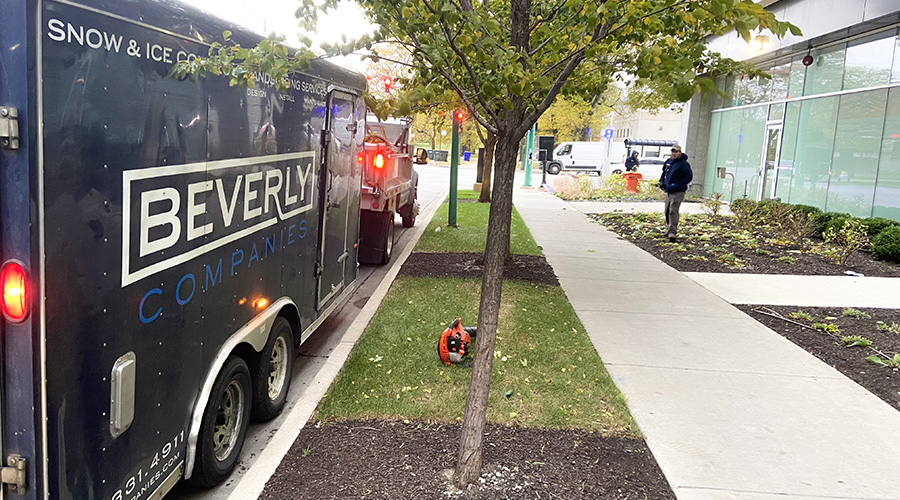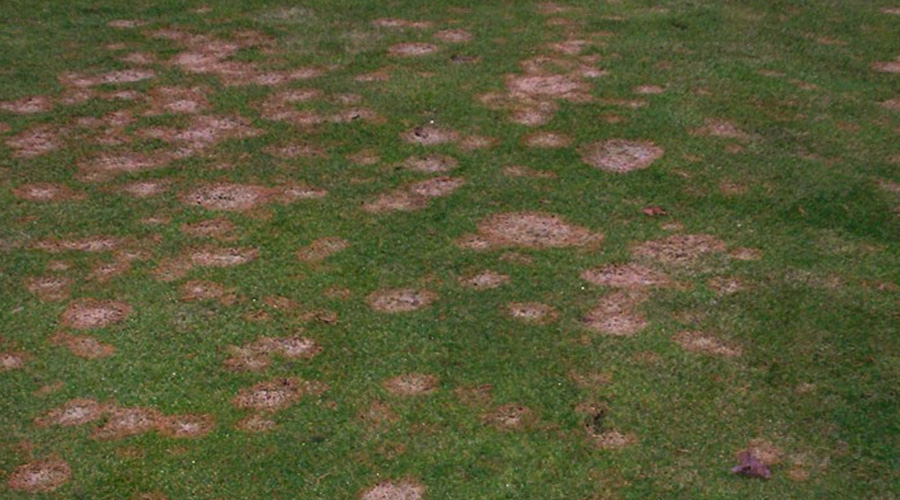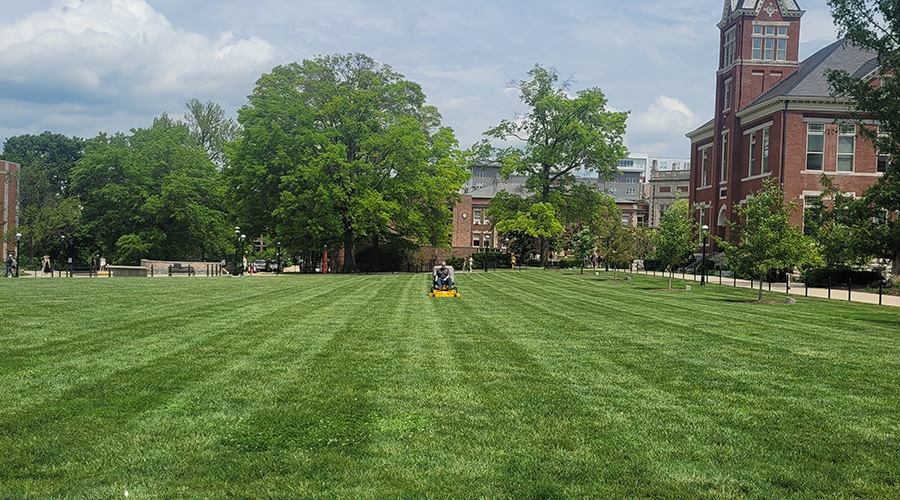Grounds Care Equipment: Assess Department Needs Before Purchasing
Grounds managers have always been careful with their departments' budgets. Money does not grow on trees, after all. But the nation's ongoing economic woes have prompted many managers to act even more carefully to ensure they use their financial resources wisely in purchasing such big-ticket items as mowers, tractors, skid-steer loaders and utility vehicles.
"Many of them have deferred their purchases in light of the economy," says Chase Tew, tactical brand manager for commercial mowing with John Deere. "But they've probably deferred their purchases as long as they can, and a lot of people are in a position where they're going to have to buy in 2010."
The specification challenges include trying to determine whether to purchase, lease, or rent equipment while ensuring the equipment meets department needs.
Starting Points
Manufacturers are unanimous when asked about the first step managers should take in the equipment-specification process.
"It all comes down to needs," says Jeff Chenevert, commercial accounts manager with Cub Cadet. "The economy might be down, but it's still the same consideration set."
Among the important issues to assess include the tasks workers need to accomplish — present and future — and the labor and material costs for these tasks, Tew says. With that information, managers can develop parameters for possible equipment solutions.
The deeper the understanding of department needs, as well as current equipment options, the greater the likelihood managers will make smart equipment choices.
"Managers should look at every aspect of equipment use to determine if labor is being used on jobs that could more quickly and efficiently be accomplished by the right equipment," says Ray Garvey, retail finance specialist with The Grasshopper Co. "Purchasing a multi-task power unit and one or more implements can often be the most cost-effective path to follow, making a huge impact on ROI," or return on investment.
The next step is to identify specific equipment benefits that will help the department achieve its goals, says Dan Paschke, product marketing manager for utility tractors with John Deere, adding that these days, more than ever, managers are looking for equipment that delivers greater efficiency and versatility, lower operating costs, and fewer service requirements.
The process is worth the effort because selecting equipment that best meets department needs can pay major dividends.
"When you add up the costs of using hand-held or walk-behind equipment on large jobs, the savings to be had by employing zero-turn radius maneuverability with the appropriate implement will run into the thousands," Garvey says.
Related Topics:














